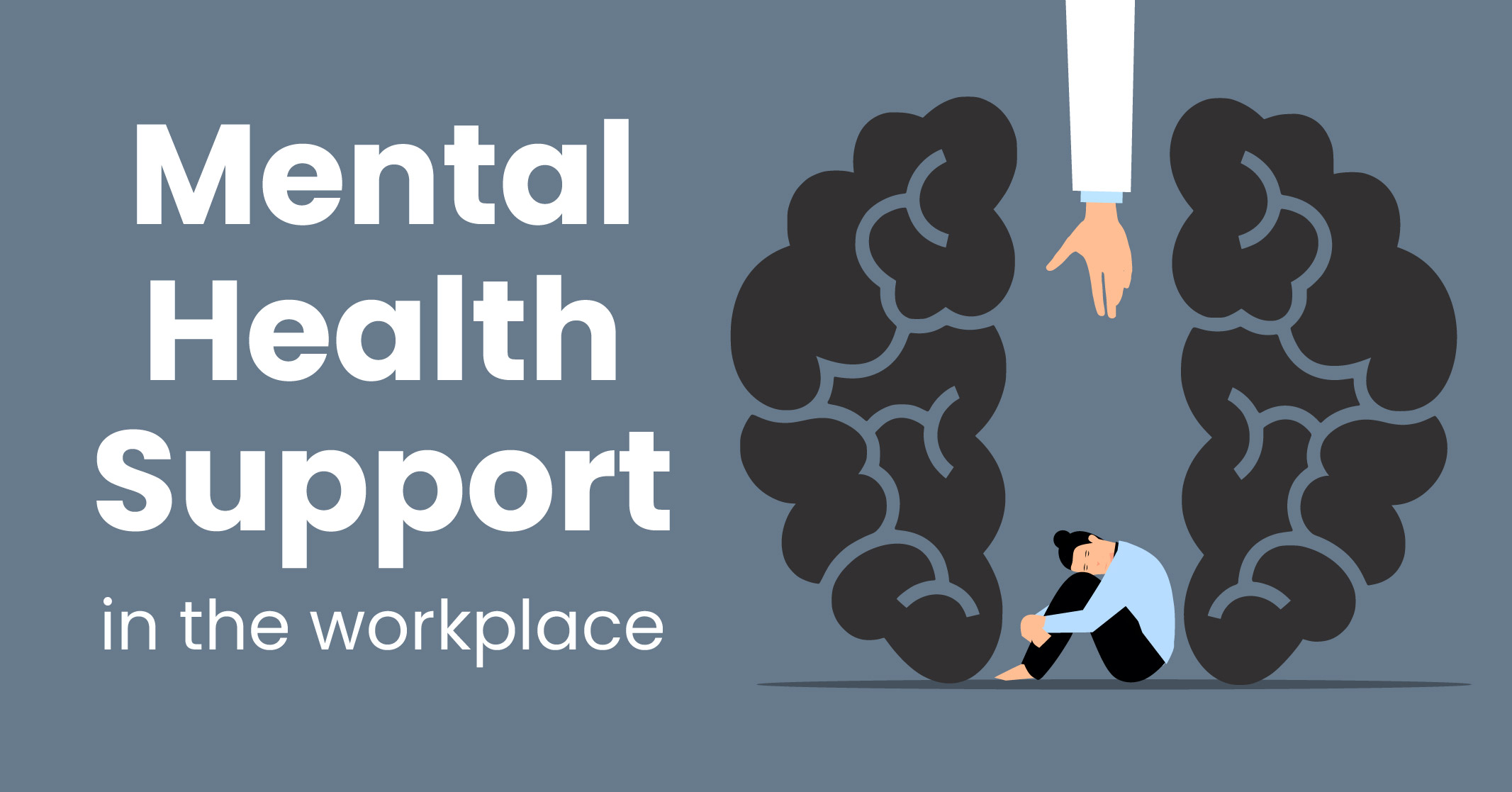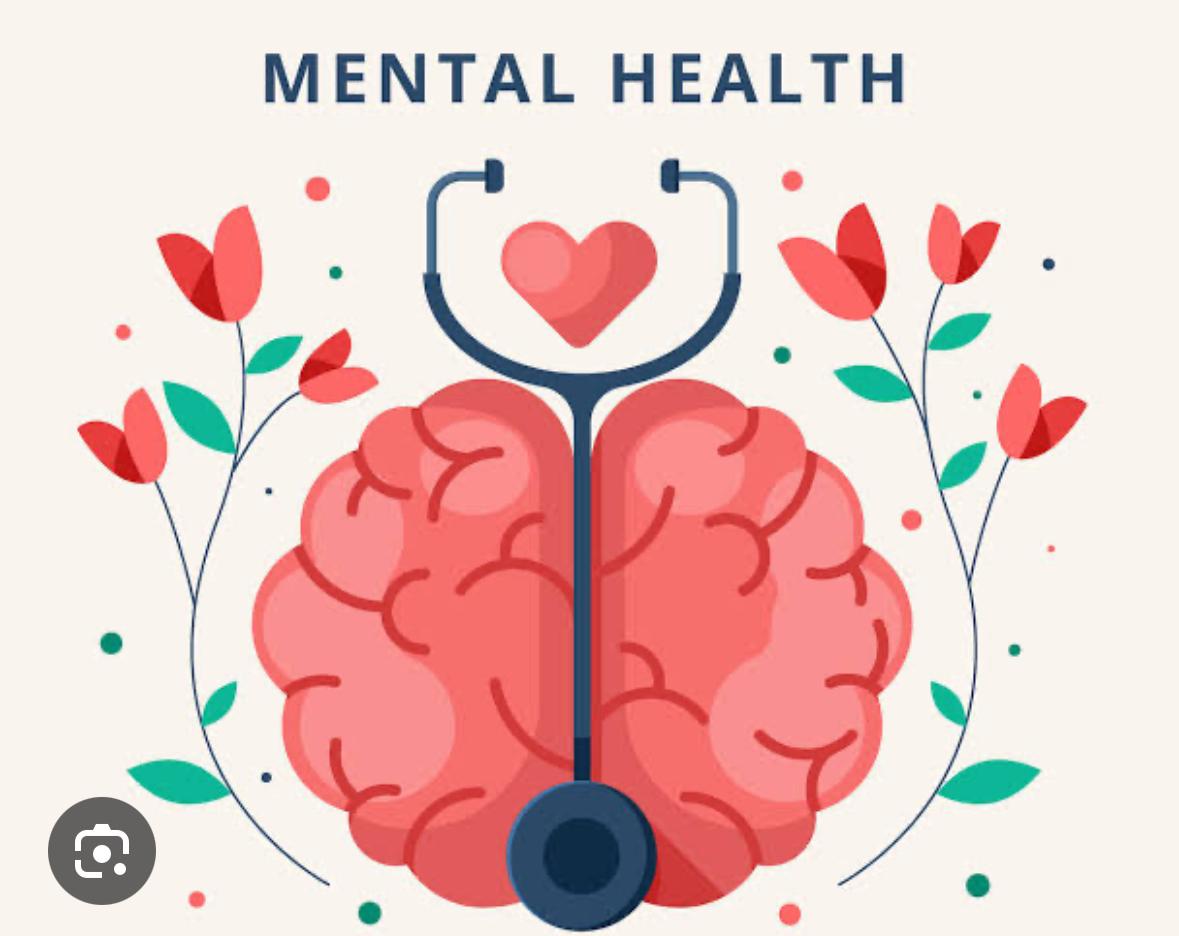Thorough Guide to Inpatient Mental Health Services Choices
Thorough Guide to Inpatient Mental Health Services Choices
Blog Article
Comprehensive Inpatient Mental Health And Wellness Solutions for Effective Treatment
Inpatient mental health and wellness services stand for a crucial component of the medical care system, giving a intensive and structured setting for people experiencing serious psychological distress. Discovering the subtleties of this continuum exposes significant implications for both specific healing and wider mental wellness results.
Understanding Inpatient Mental Health Providers
Inpatient mental health solutions offer crucial assistance for individuals experiencing severe emotional distress that can not be handled effectively in an outpatient setup. These services are made to use an intensive degree of treatment in a structured setting, typically within a healthcare facility or specialized facility. Individuals admitted to inpatient programs commonly show intense signs, such as self-destructive ideation, serious clinical depression, or psychosis, requiring continuous tracking and treatment.
The admission process normally involves a detailed assessment by mental wellness professionals, that evaluate the individual's psychological state, history, and instant demands. Once admitted, people engage in a range of healing modalities tailored to their certain needs, including medicine monitoring, individual therapy, and team sessions. This all natural approach aims to support the person's condition, promote security, and foster coping abilities.
Inpatient psychological wellness services not only address instant health and wellness problems but also function as a bridge to recurring treatment. By supplying a regulated atmosphere, these solutions promote the development of treatment plans that can be continued in outpatient settings, therefore making certain a continuum of treatment and boosting lasting outcomes for individuals with complex mental health needs.
Key Components of Effective Treatment
Effective treatment in inpatient mental health solutions consists of numerous vital parts that cultivate recuperation and stablizing. Primarily, a detailed analysis is important to recognize the person's certain requirements and difficulties. This assessment educates the growth of a tailored treatment strategy, which works as a roadmap for intervention.
Another critical part is the multidisciplinary team method. Collaboration amongst psychiatrists, psychologists, registered nurses, and social workers ensures that numerous point of views add to the patient's treatment, enhancing the effectiveness of therapy. Evidence-based therapeutic methods, such as cognitive-behavioral therapy (CBT) and dialectical behavior treatment (DBT), are likewise integral, supplying structured strategies that deal with maladaptive idea patterns and behavior issues.

Finally, a focus on aftercare preparation is important to ensure a smooth shift to outpatient solutions, lessening the risk of regression and promoting long-lasting wellness. These cumulative components develop an effective therapy framework within inpatient psychological health solutions.
Benefits of Comprehensive Care

Thorough treatment in inpatient psychological wellness solutions provides countless benefits that considerably boost person outcomes. One of the main benefits is the alternative strategy to therapy, addressing not only the mental signs however additionally the physical, social, and psychological demands of patients. This comprehensive evaluation enables customized treatments that promote general wellness.
One more benefit is the combination of multidisciplinary teams, which promotes partnership among health care professionals. This collaborative environment guarantees that clients receive coordinated care, reducing the threat of fragmented therapy and boosting interaction among caregivers. Comprehensive treatment assists in continuity of solutions, allowing for smooth changes from inpatient to outpatient settings, which is essential for long-term recuperation.

Finally, the structured environment of comprehensive inpatient care gives a this secure room for individuals to take part in therapeutic tasks, aiding them establish coping strategies and resilience. Jointly, these advantages contribute to more reliable therapy and enhanced quality of life for people experiencing psychological health crises.
Evidence-Based Healing Techniques
In the realm of psychological health and wellness treatment, evidence-based healing techniques play an important role in ensuring that individuals receive reliable and clinically supported treatments. These methods incorporate the most effective available study with medical proficiency and person values, cultivating a tailored therapy experience that deals with specific requirements.
Cognitive Behavior Modification (CBT) is one of one of the most widely acknowledged evidence-based approaches, concentrating on identifying and altering adverse thought patterns and habits. This organized technique has actually demonstrated effectiveness in treating problems such as clinical depression, try here anxiousness, and PTSD. Dialectical Habits Treatment (DBT) is particularly efficient for individuals with borderline character condition, highlighting the advancement of emotional policy and social effectiveness skills.
Furthermore, medication management is typically an important element of evidence-based therapy, as psychotropic medications can relieve signs and enhance total performance. Joint care models, which include multidisciplinary teams, even more boost the efficacy of inpatient solutions by guaranteeing detailed evaluations and continual monitoring.
Eventually, the integration of evidence-based healing approaches not just advertises positive scientific end results however likewise equips individuals, cultivating Web Site a sense of firm and resilience in their mental health and wellness journeys.
Transitioning to Outpatient Support
The shift from inpatient mental health and wellness solutions to outpatient assistance marks a vital phase in a patient's recovery trip. This duration needs cautious preparation and sychronisation to make certain continuity of treatment and to minimize the dangers of relapse or situation. Efficient discharge planning need to commence early in the inpatient remain, including a multidisciplinary group that consists of psychoanalysts, psychologists, nurses, and social employees.
Secret components of an effective change include the advancement of a detailed aftercare plan customized to the individual's specific needs. This strategy should describe follow-up consultations, medication monitoring, and therapeutic treatments, along with identify area resources and support system that can facilitate continuous healing.
Moreover, person and household education and learning is important during this phase. Understanding the indications of possible setbacks and the value of adhering to treatment can empower individuals and their support systems.
Regular follow-up and reassessment of the outpatient plan are important to attend to advancing obstacles. By cultivating a collaborative connection between outpatient and inpatient providers, the probability of continual healing rises, ultimately improving the individual's lifestyle and lowering the risk of readmission.

Final Thought
In summary, detailed inpatient mental wellness services use an essential framework for dealing with severe emotional distress via a multidisciplinary approach. Eventually, such extensive treatment is vital for long-lasting mental wellness and wellness.
The admission process normally involves a comprehensive analysis by psychological wellness experts, that evaluate the individual's mental state, history, and immediate demands.Reliable therapy in inpatient psychological wellness services makes up several key elements that foster healing and stabilization.Comprehensive treatment in inpatient psychological health and wellness solutions uses countless advantages that considerably improve person results.The shift from inpatient mental wellness services to outpatient assistance marks a vital phase in a client's recuperation trip.In summary, detailed inpatient mental health solutions provide an important structure for dealing with extreme mental distress via a multidisciplinary method.
Report this page